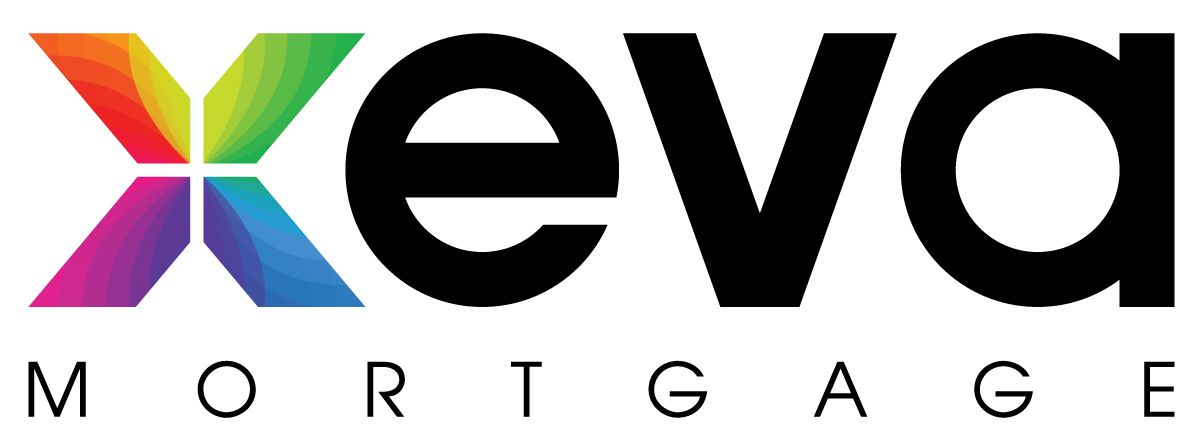Bank of Canada Rate Announcement Jan 29th, 2025
Bank of Canada reduces policy rate by 25 basis points to 3%, announces end of quantitative tightening.
FOR IMMEDIATE RELEASE
January 29, 2025
The Bank of Canada today reduced its target for the overnight rate to 3%, with the Bank Rate at 3.25% and the deposit rate at 2.95%.1 The Bank is also announcing its plan to complete the normalization of its balance sheet, ending quantitative tightening. The Bank will restart asset purchases in early March, beginning gradually so that its balance sheet stabilizes and then grows modestly, in line with growth in the economy.2
Projections in the January Monetary Policy Report (MPR) published today are subject to more-than-usual uncertainty because of the rapidly evolving policy landscape, particularly the threat of trade tariffs by the new administration in the United States. Since the scope and duration of a possible trade conflict are impossible to predict, this MPR provides a baseline forecast in the absence of new tariffs.
In the MPR projection, the global economy is expected to continue growing by about 3% over the next two years. Growth in the United States has been revised up, mainly due to stronger consumption. Growth in the euro area is likely to be subdued as the region copes with competitiveness pressures. In China, recent policy actions are boosting demand and supporting near-term growth, although structural challenges remain. Since October, financial conditions have diverged across countries. US bond yields have risen, supported by strong growth and more persistent inflation. In contrast, yields in Canada are down slightly. The Canadian dollar has depreciated materially against the US dollar, largely reflecting trade uncertainty and broader strength in the US currency. Oil prices have been volatile and in recent weeks have been about $5 higher than was assumed in the October MPR.
In Canada, past cuts to interest rates have started to boost the economy. The recent strengthening in both consumption and housing activity is expected to continue. However, business investment remains weak. The outlook for exports is being supported by new export capacity for oil and gas.
Canada’s labour market remains soft, with the unemployment rate at 6.7% in December. Job growth has strengthened in recent months, after lagging growth in the labour force for more than a year. Wage pressures, which have proven sticky, are showing some signs of easing.
The Bank forecasts GDP growth will strengthen in 2025. However, with slower population growth because of reduced immigration targets, both GDP and potential growth will be more moderate than was expected in October. Following growth of 1.3% in 2024, the Bank now projects GDP will grow by 1.8% in both 2025 and 2026, somewhat higher than potential growth. As a result, excess supply in the economy is gradually absorbed over the projection horizon.
CPI inflation remains close to 2%, with some volatility due to the temporary suspension of the GST/HST on some consumer products. Shelter price inflation is still elevated but it is easing gradually, as expected. A broad range of indicators, including surveys of inflation expectations and the distribution of price changes among components of the CPI, suggests that underlying inflation is close to 2%. The Bank forecasts CPI inflation will be around the 2% target over the next two years.
Setting aside threatened US tariffs, the upside and downside risks around the outlook are reasonably balanced. However, as discussed in the MPR, a protracted trade conflict would most likely lead to weaker GDP and higher prices in Canada.
With inflation around 2% and the economy in excess supply, Governing Council decided to reduce the policy rate a further 25 basis points to 3%. The cumulative reduction in the policy rate since last June is substantial. Lower interest rates are boosting household spending and, in the outlook published today, the economy is expected to strengthen gradually and inflation to stay close to target. However, if broad-based and significant tariffs were imposed, the resilience of Canada’s economy would be tested. We will be following developments closely and assessing the implications for economic activity, inflation and monetary policy in Canada. The Bank is committed to maintaining price stability for Canadians.
Information note
The next scheduled date for announcing the overnight rate target is March 12, 2025. The Bank will publish its next full outlook for the economy and inflation, including risks to the projection, in the MPR on April 16, 2025.
Footnotes
- 1. Effective January 30, the deposit rate will be set at 5 basis points below the Bank’s policy interest rate to improve the effectiveness of monetary policy implementation. For more details, see the market notice published simultaneously with this press release.[←]
- 2. A market notice published simultaneously with this press release provides operational details.[←]
Read the January 29th, 2025 Monetary Report.






